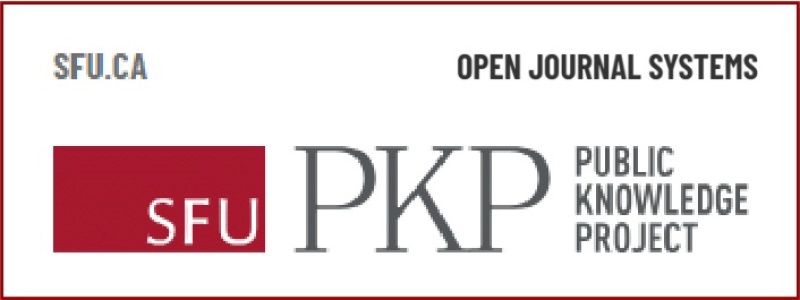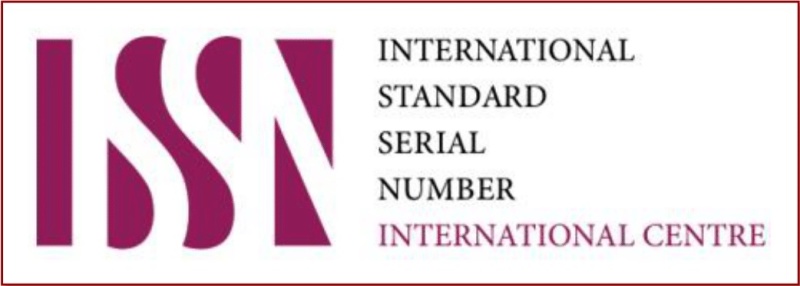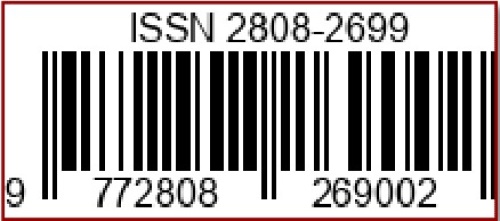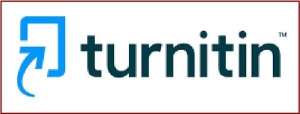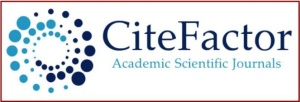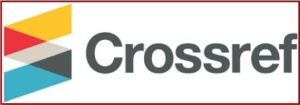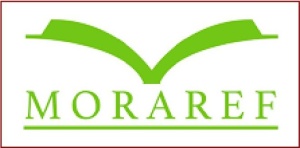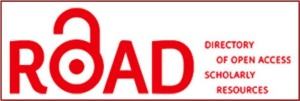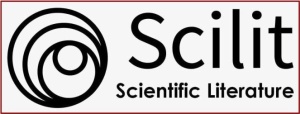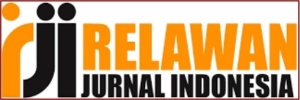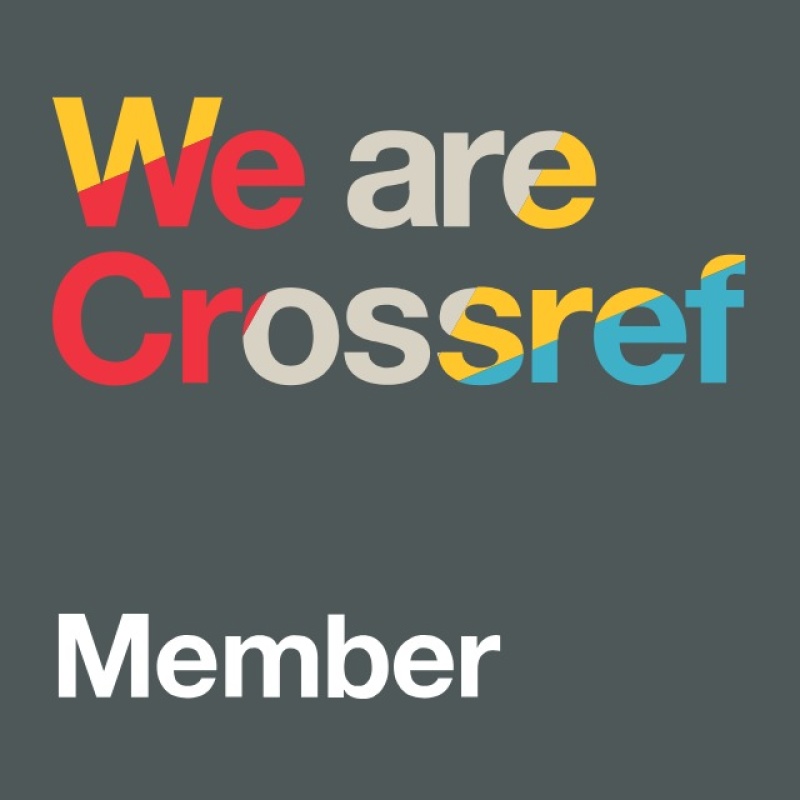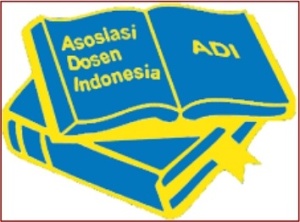Transformasi Pembelajaran Bahasa Indonesia dengan Menggunakan Model TEL (Techonolgy Enhanced Learning) untuk Meningkatkan Antusiasme dan Kolaborasi Siswa Kelas VIII di MTs Humaira Kota Bengkulu
DOI:
https://doi.org/10.36312/educatoria.v5i3.592Keywords:
Learning Transformation, TEL, Indonesian Language, Enthusiasm, CollaborationAbstract
This study aims to explore the transformation of Indonesian language learning through the implementation of the TEL (Technology Enhanced Learning) model in enhancing the enthusiasm and collaboration of eighth-grade students at MTs Humaira, Bengkulu City. This research employs a descriptive qualitative method using observation, interviews, and documentation techniques. Data were collected over eight meetings involving one Indonesian language teacher, 19 students, and the principal as an observer. The findings indicate that six out of seven TEL indicators have been consistently applied, such as student-centered teaching, the use of digital platforms, and a flexible curriculum. The integration of technologies like Google Classroom, WhatsApp, and YouTube has proven to increase students' enthusiasm and collaboration. The learning environment became more interactive, engaging, and supportive of collaboration. The implementation of the TEL model has been effective in supporting a more interactive and collaborative Indonesian language learning process at MTs Humaira.
Downloads
References
Anderson, T. (2008). The theory and practice of online learning (2nd ed.). Athabasca University Press.
Bates, A. W. (2015). Teaching in a digital age: Guidelines for designing teaching and learning. Tony Bates Associates Ltd.
Creswell, J. W. (2016). Research design: Pendekatan metode kualitatif, kuantitatif, dan campuran (Edisi keempat). Pustaka Pelajar.
Dillenbourg, P. (2016). The evolution of research on collaborative learning. In K. Littleton, R. Gillies, & D. Miell (Eds.), The international handbook of collaborative learning (pp. 3–19). Routledge.
Emilia, E. (2012). Pendekatan genre dalam pengajaran bahasa Indonesia: Petunjuk untuk guru. Rizqi Press.
Illeris, K. (2018). Contemporary theories of learning: Learning theorists in their own words (2nd ed.). Routledge.
Ito, M., Gutiérrez, K., Livingstone, S., Penuel, B., Rhodes, J., Salen, K., Schor, J., Sefton-Green, J., & Watkins, S. C. (2016). Connected learning: An agenda for research and design. Digital Media and Learning Research Hub.
Mayer, R. E. (2009). Multimedia learning (2nd ed.). Cambridge University Press.
Mayer, R. E. (2021). Multimedia learning (3rd ed.). Cambridge University Press.
Miles, M. B., Huberman, A. M., & Saldaña, J. (2014). Qualitative data analysis: A methods sourcebook (3rd ed.). SAGE Publications.
Moleong, L. J. (2019). Metodologi penelitian kualitatif (Edisi revisi). PT Remaja Rosdakarya.
Patton, M. Q. (2002). Qualitative research and evaluation methods (3rd ed.). SAGE Publications.
Partnership for 21st Century Learning (P21). (2019). Framework for 21st century learning definitions. http://www.battelleforkids.org/networks/p21
Redecker, C., Punie, Y., & European Commission. (2017). European framework for the digital competence of educators: DigCompEdu. Publications Office of the European Union.
Schmidt, J., & Huang, H. (2018). Designing learning experiences for the 21st century. Learning Experience Design Institute.
Siemens, G. (2015). Connectivism: A learning theory for the digital age. International Journal of Instructional Technology and Distance Learning, 2(1), 3–10.
Siskayanti, W. D., Nurhidayati, S., & Safnowandi, S. (2022). Pengaruh Model Problem Based Instruction Dipadu dengan Teknik Probing Prompting terhadap Kemampuan Berpikir Kritis dan Hasil Belajar Kognitif. Panthera : Jurnal Ilmiah Pendidikan Sains dan Terapan, 2(2), 94-112. https://doi.org/10.36312/pjipst.v2i2.76
Slamet, S. Y. (2017). Pembelajaran bahasa Indonesia yang efektif dan menyenangkan. Graha Ilmu.
Sugiyono. (2017). Metode penelitian kualitatif, kuantitatif, dan R&D. Alfabeta.
UNESCO. (2021). Media and information literacy curriculum for teachers. United Nations Educational, Scientific and Cultural Organization.
Vuorikari, R., Punie, Y., Carretero Gomez, S., & Van den Brande, G. (2016). DigComp 2.0: The Digital Competence Framework for Citizens. Publications Office of the European Union.
Vygotsky, L. S. (1978). Mind in society: The development of higher psychological processes. Harvard University Press.
Yin, R. K. (2016). Studi kasus: Desain dan metode (Terjemahan M. Djauzi). PT RajaGrafindo Persada.
Downloads
Published
How to Cite
Issue
Section
License
Copyright (c) 2025 Median Susanti, Welti Wediasti, & Khermarinah

This work is licensed under a Creative Commons Attribution-ShareAlike 4.0 International License.
-
Attribution — You must give appropriate credit, provide a link to the license, and indicate if changes were made. You may do so in any reasonable manner, but not in any way that suggests the licensor endorses you or your use.
-
ShareAlike — If you remix, transform, or build upon the material, you must distribute your contributions under the same license as the original.


